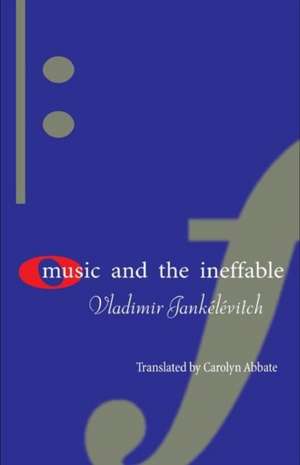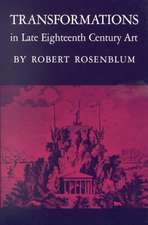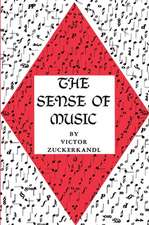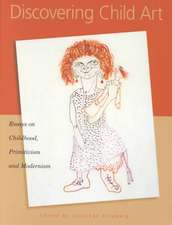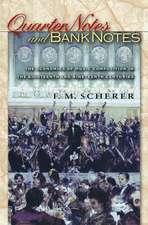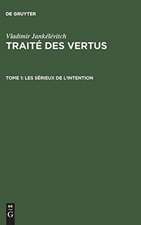Music and the Ineffable
Autor Vladimir Jankélévitch, Carolyn Abbateen Limba Engleză Hardback – 21 aug 2003
Vladimir Janklvitch left behind a remarkable œuvre steeped as much in philosophy as in music. His writings on moral quandaries reflect a lifelong devotion to music and performance, and, as a counterpoint, he wrote on music aesthetics and on modernist composers such as Faur, Debussy, and Ravel. Music and the Ineffable brings together these two threads, the philosophical and the musical, as an extraordinary quintessence of his thought. Janklvitch deals with classical issues in the philosophy of music, including metaphysics and ontology. These are a point of departure for a sustained examination and dismantling of the idea of musical hermeneutics in its conventional sense.
Music, Janklvitch argues, is not a hieroglyph, not a language or sign system; nor does it express emotions, depict landscapes or cultures, or narrate. On the other hand, music cannot be imprisoned within the icy, morbid notion of pure structure or autonomous discourse. Yet if musical works are not a cipher awaiting the decoder, music is nonetheless entwined with human experience, and with the physical, material reality of music in performance. Music is "ineffable," as Janklvitch puts it, because it cannot be pinned down, and has a capacity to engender limitless resonance in several domains. Janklvitch's singular work on music was central to such figures as Roland Barthes and Catherine Clment, and the complex textures and rhythms of his lyrical prose sound a unique note, until recently seldom heard outside the francophone world.Preț: 464.15 lei
Nou
88.83€ • 96.45$ • 74.61£
Carte tipărită la comandă
Livrare economică 22 aprilie-06 mai
Specificații
ISBN-10: 0691090475
Pagini: 200
Ilustrații: 7 musical examples.
Dimensiuni: 145 x 227 x 19 mm
Greutate: 0.38 kg
Editura: Princeton University Press
Locul publicării:Princeton, United States
Descriere
Vladimir Janklvitch left behind a remarkable œuvre steeped as much in philosophy as in music. His writings on moral quandaries reflect a lifelong devotion to music and performance, and, as a counterpoint, he wrote on music aesthetics and on modernist composers such as Faur, Debussy, and Ravel. Music and the Ineffable brings together these two threads, the philosophical and the musical, as an extraordinary quintessence of his thought. Janklvitch deals with classical issues in the philosophy of music, including metaphysics and ontology. These are a point of departure for a sustained examination and dismantling of the idea of musical hermeneutics in its conventional sense.
Music, Janklvitch argues, is not a hieroglyph, not a language or sign system; nor does it express emotions, depict landscapes or cultures, or narrate. On the other hand, music cannot be imprisoned within the icy, morbid notion of pure structure or autonomous discourse. Yet if musical works are not a cipher awaiting the decoder, music is nonetheless entwined with human experience, and with the physical, material reality of music in performance. Music is "ineffable," as Janklvitch puts it, because it cannot be pinned down, and has a capacity to engender limitless resonance in several domains. Janklvitch's singular work on music was central to such figures as Roland Barthes and Catherine Clment, and the complex textures and rhythms of his lyrical prose sound a unique note, until recently seldom heard outside the francophone world.
